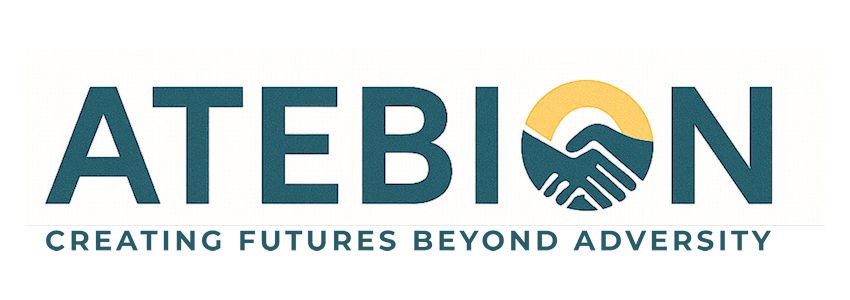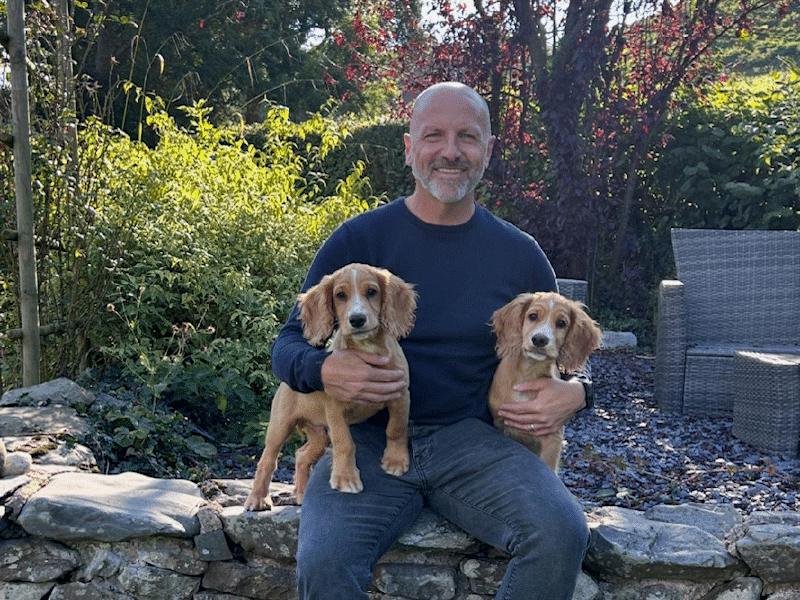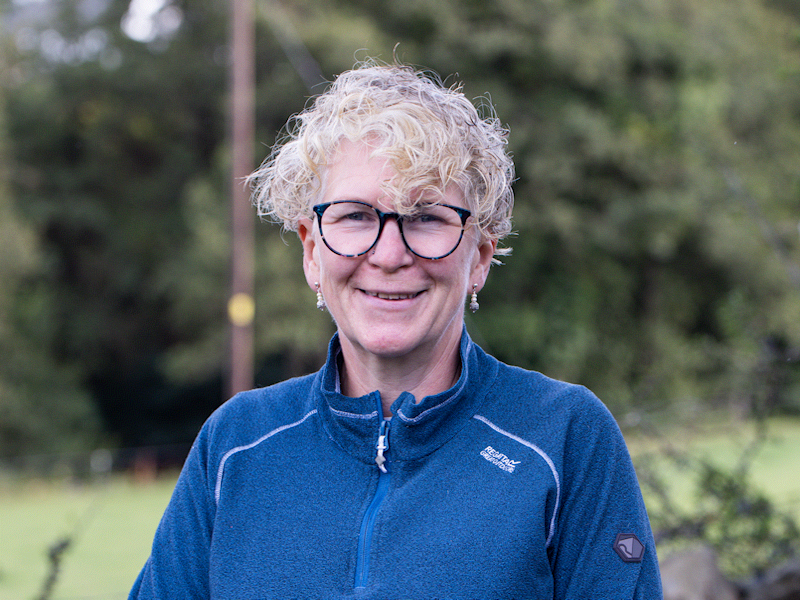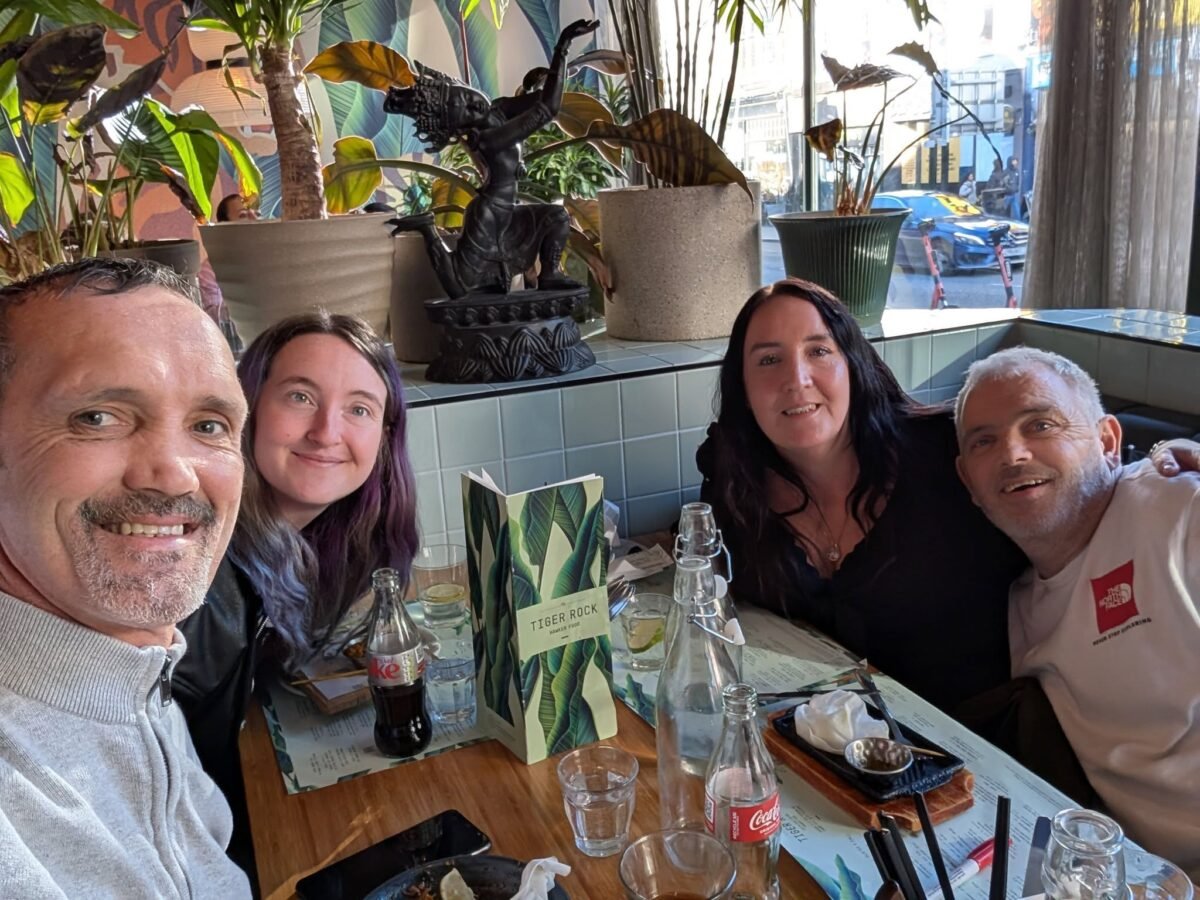When I first came to Penrhyn House, I could not accept a lot of the things that had happened to me, or that I had done. I felt strong guilt and shame for not being able to be a mum to my kids and letting them down so badly. This is not the sort of stuff that people talk about in the so-called ‘normal’ world.
When I went into group meetings at Penrhyn, I heard other people getting vulnerable and talking about things that they felt guilty and shameful about. It helped me do the same thing, although this occurred slowly over time. I’d been taught previously that being vulnerable was a real weakness, and that people would take advantage of me. It was certainly the case for a lot of situations I’d experienced in the past.
I listened to other mothers getting vulnerable in meetings by describing how they had let their kids down by putting drugs first, and I could see that these confessions were actually helping them. It was like the person was taking back their power, taking responsibility for what had happened in the past.
In listening to these stories, I realised that I wasn’t alone in the bad things that I had done and the choices that I had made. I was beginning to understand that I didn’t have a moral deficiency, and I wasn’t a bad person. Bad things had happened to me, and I was a sick or damaged person. However, whilst it wasn’t my fault, I did have the responsibility to accept what I had done and try to overcome my current problems. I started to slowly open up about my story, and it definitely left me with a feeling of taking my power back.
People with addiction problems are stigmatised. When I started going into meetings and saying, ‘My name is Saff, and I’m an addict’, I realised each time that I was taking back a little more power. I felt that nobody could use my addiction against me anymore. Today, I still feel that getting vulnerable and sharing one’s story, one’s truth, is important in helping people move on, grow, and heal.
In the past, my trouble was that I could never ask for help. I could never accept life as it really was; I spent a lot of time in a dream-like state, or fantasy world, because I couldn’t accept the reality of my situation. Once you accept reality as it is, then you start to work your way through problems such as domestic abuse. I’ve met women who have been away from their abusive partners for many years, but in meetings they keep going over and over the bad stuff that happened to them. Seeing that made me realise that I didn’t want to be like that. I didn’t want to be a person who was still ruled by fear. I wanted to move on.
When you share your story, and listen to other people’s stories, you realise that they have part of your story in theirs, and vice versa. This helps you identify with, and connect to, these other people. We kind of earn our seats at ‘the table’ with the pain and suffering we’ve been through. We connect in meetings through our suffering. Nobody walks into a meeting saying, ‘You know, I think I’m okay. I just thought I’d come here and see if I could stop taking drugs. My life’s not really that bad.’ They come to a meeting because they are absolutely desperate.
When I first started to share my story, I did so by describing only little bits and pieces. I gradually expanded my shares and I found that people started to cry whilst listening. I started to realise that people genuinely understood me for the first time ever. After the meeting, people would come up to me and say that the same things had happened to them and they had felt the same way.
I was ashamed of my story at first, but this feeling gradually disappeared over time. I found that many women really identified with my story and rallied around me. I hadn’t really had many women in my life previously. I had my Mum, but she was often very busy. I grew up with my brothers. One grandmother died when I was young. All my life I was surrounded by men, particularly in the world of drugs where I was dominated by men. All of a sudden I started having women who really cared about me and my life, and they showed me how to be a woman. They have played an important role in teaching me how to be a mum, and a grandmother.
Gaining a sense of belonging played a major role in the early stages of my recovery journey. I had never previously thought that I belonged somewhere. I felt that I could fit in anywhere, but I never felt a sense of belonging. At Penrhyn House, I felt strongly that I belonged. I learnt that there were people there who were completely different to me, but I still felt that we were connected. We just had to have a common theme, or a common goal. What we had in common was where we had been and how we were trying to better ourselves a little bit more every day. Belonging, connection, and love are key for recovery.





